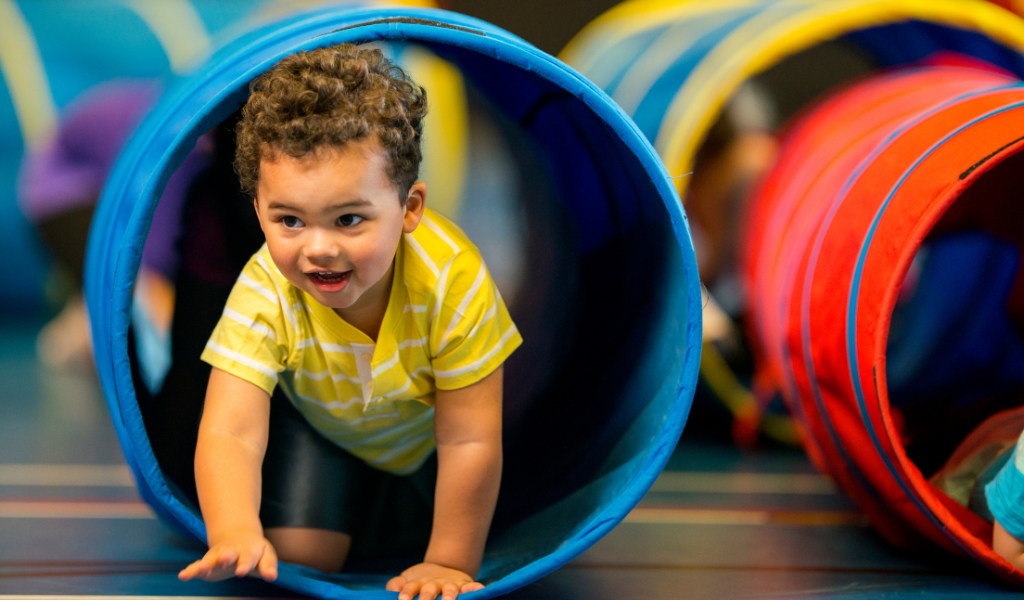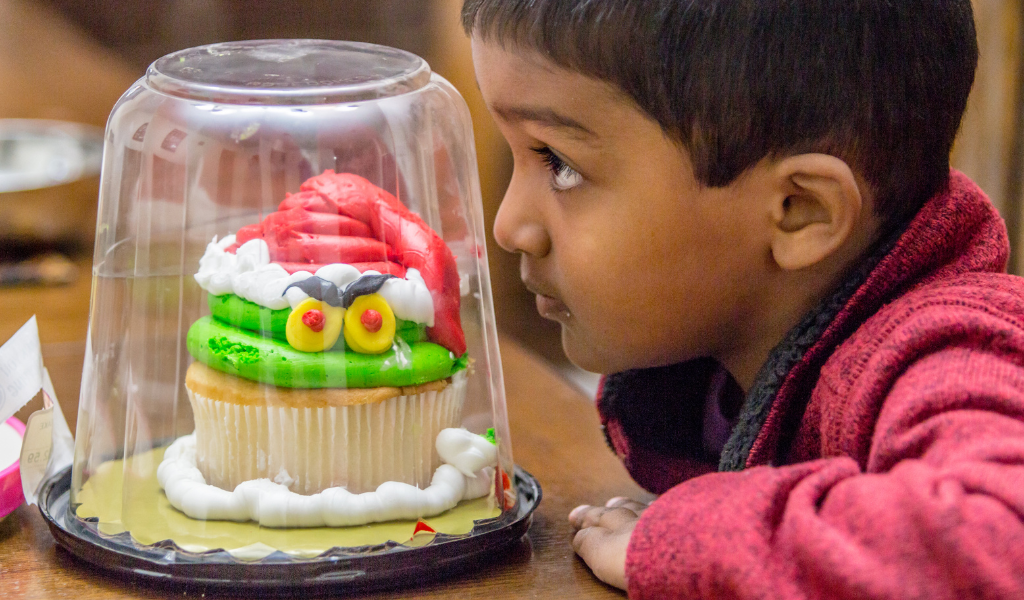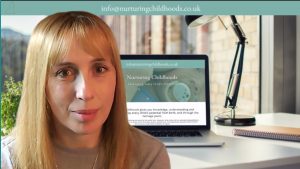In this insightful article, Dr Kathryn Peckham explores ‘school readiness’ and highlights that it’s the experiences you provide as an early educator which are key to building the foundations for learning in the future.
The experiences that any child has during their first years are fundamental in forming the person they will become. And nowhere is this truer than when offering them the most promising start to their school days. The experiences you are offering now are far more important than making sure they know their letters or can count to 20.
Every child’s early years are a critical and highly sensitive period of development and rapid growth. You will be familiar with analogies of “little sponges” soaking everything up around them. And this is indeed a precious time, that no amount of future interventions can make up for.

If they are going to do well, once faced with all the demands of a school classroom, children need to have developed some executive level functioning. Because without it, no matter how many languages they speak or advanced trigonometry they know, they are going to struggle.
Executive functions, such as cognitive flexibility, working memory and self-control will allow your children to manage with all the demands of the school classroom. But what does this mean?
This means they can easily go from listening to a teacher at the whiteboard, to practicing their letters at their desk. They can follow instructions such as going to their draw, getting out their workbook and taking it to their desk. And when they get there, they can still remember what they need to do with it.
Oh – and they can do all of this without jabbing a friend in the ribs or running off and playing.
Well, simply put, it is rooted in the opportunities you are giving them throughout their early childhood.
You are supporting your children in developing these executive functions every time you make them aware of their thinking. When you talk to them about how they might behave differently at home or at grandma’s. Or when you think about how routines change when you go to the park on Fridays.
You can help them practice holding a thought in their head. For example, “Could you go into the other room, choose a book and bring it back to me.”
And you can help them learn to master their more impulsive responses every time the need to wait for their turn or by reminding them that the cake on the table is for after lunch.

These “super-powers” are so crucial to children when they start school, that really big problems can follow when they have not been well established. Imagine the child who cannot concentrate, who has no internal voice guiding them and putting on the break. Or the child who has a melt-down whenever things change.

This child may quickly be judged as having a lack of ability, to not be interested or to have attention difficulties. When all they need are some quality experiences. Don’t be fooled into misdiagnosis or allow for genuine additional needs for support to be overlooked. And give your children the 3-super-powers of great learners today!

Dr Kathryn Peckham is an Early Childhood Consultant, researcher, author and founder of Nurturing Childhoods, an online source of knowledge and support to parents and professionals across the globe.
With a PhD looking at the effect of practice on children’s innate desires to learn and the effect this has on their engagement, Kathryn is a leading expert on the nature of early childhood and the experiences children need to prepare them for all of life’s learning.
Kathryn is an active member of global Early Childhood networks. She conducts research for governments and international organisations, writing curricular for various countries and contributes to industry leading publications and guidance such as Birth to 5 Matters.
With the Nurturing Childhoods Practitioner Accreditation, Setting Accreditation, Master’s Degree and the Nurturing Childhoods Community and Talks for parents, Kathryn really is looking to develop a united approach as, together, we develop the potential of all our children.